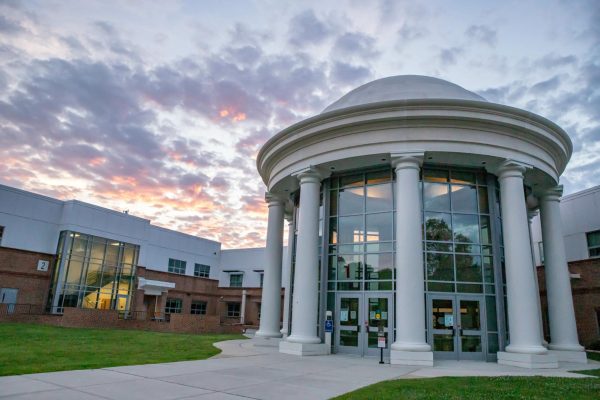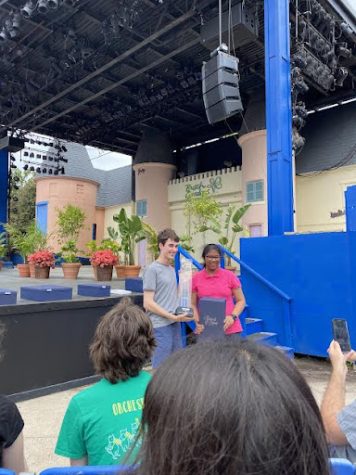Controversial bills passed and big bills left undecided
The Virginia General Assembly has adjourned following their 60-day session with numerous bills passed, but also some bigger legislation left for the future.
The recently Republican-controlled House of Delegates and governorship used its power to curb Democratic priorities, while the Democratic-controlled Senate used its own authority to stomp Republican issues. This divide in power saw a number of proposed legislation left undecided for a future special session, such as the fought-over tax cuts attempting to pass and the state budget which was fought over from both sides of the aisle, but failed to materialize a final budget.
One of the main reasons the two-year state budget failed to pass was because legislators were unable to craft an agreed-upon budget that incorporated the many tax cuts that Governor Glenn Youngkin advertised during his campaign. Mainly, Youngkin pursued a double to the standard deduction for personal income taxes and a complete cut to the grocery tax. While a version of the budget passed with both cuts, the Senate wanted to investigate how the standard-deduction would affect the state revenue. However, the Senate was able to agree upon the cut to the grocery tax, but the 1% tax that goes straight into local governments will be maintained.
Other tax cuts include a statewide $1.2 billion tax rebate for Virginians, $300 for individuals, and $600 for families. An additional cut to gasoline taxes was also proposed, but ultimately killed in the Senate (Washington Post).
Additionally, education was an important issue that the Assembly fought over. One of Youngkin’s main appeals as governor was his promise to give parents greater freedom over their children’s education. Youngkin scored a victory ending mask mandates within schools and allowing parents to opt their children out of assignments with sexually explicit material. But Senate Democrats shot down proposals to expand charter schools and ban teaching critical race theory. However, both Republicans and Democrats were able to agree on the expansion of “lab schools,” which would see universities and colleges be partnered with K-12 schools, but funding for these schools hasn’t been set in stone.
Democrats proposed amendments to end obsolete wording against same-sex marriage and decades-old laws that prohibited felons from voting. Both of these amendments were killed by Republicans.
An interesting issue saw legislators attempt to “lure in” the Washington Commanders into Virginia with a new stadium. Bills proposed would offer bonds for the construction of the stadium, but they differed in the time frame for the construction and exactly how much of the money would go into the team and would have to be paid off.
The progressive “Marcus Alert” Law would see mental health professionals become more involved in mental health crises, lessening police involvement. The bill is named after Marcus-David Peters who was fatally shot after he charged an officer while he was under a mental health crisis.
The assembly also redefined cannabis within Virginia, defining marijuana as anything that contains more than 0.3% THC. Additionally, House Republicans blocked the Senate-backed attempt to quicken sales of legal recreational marijuana in Virginia.
The Virginia General Assembly was able to pass numerous bills regarding a wide variety of issues. This session was made particularly interesting, as it was the first under Governor Youngkin and the first with a Republican-controlled House of Delegates. The normally Democratic-controlled Richmond saw a number of issues from both sides of the aisle being fought over. While many compromises were made, the Assembly was unable to formalize the two-year state budget that will have to be left for a special session in the future.
Sofian Halibi is a junior at South Lakes High School and a first year staff writer for The Sentinel. He wanted to try something new and journalism seemed...














